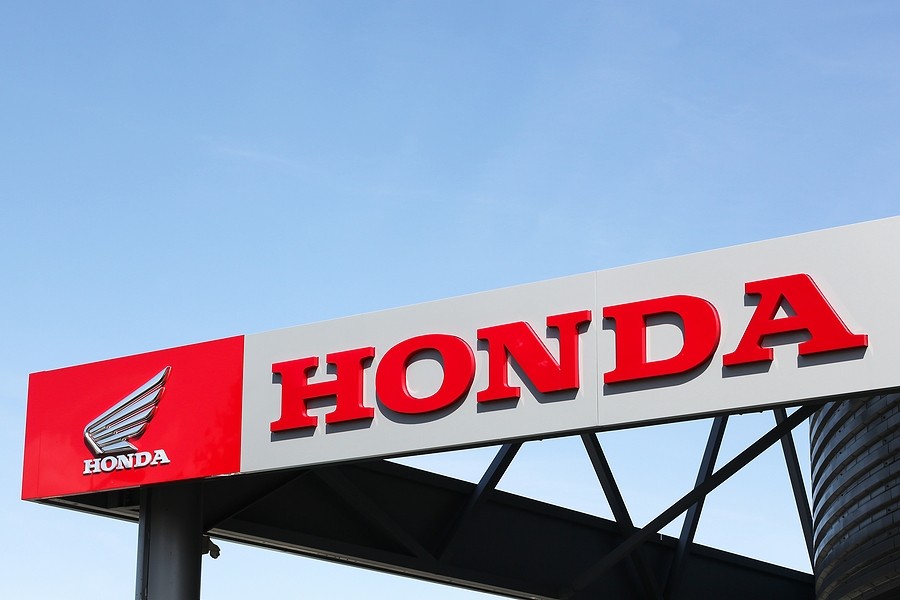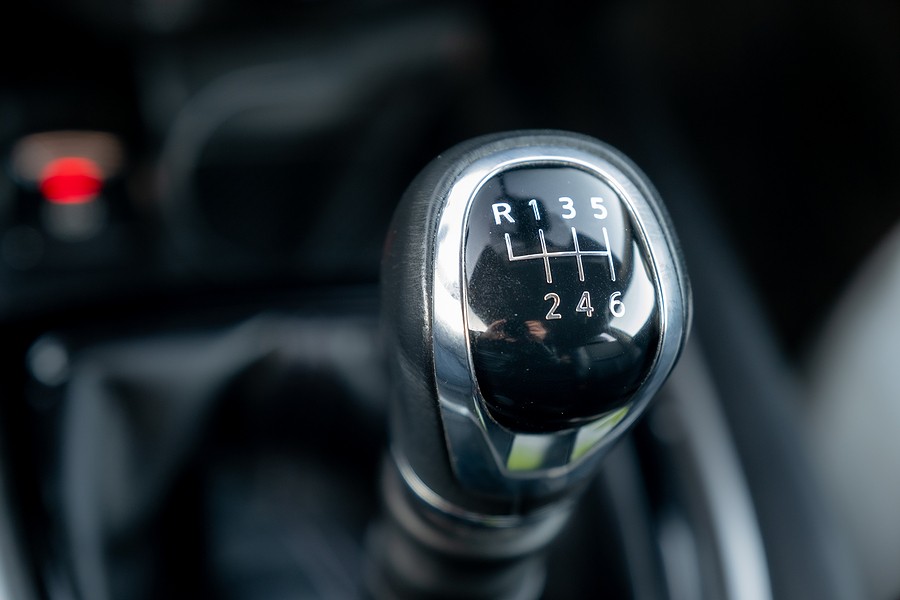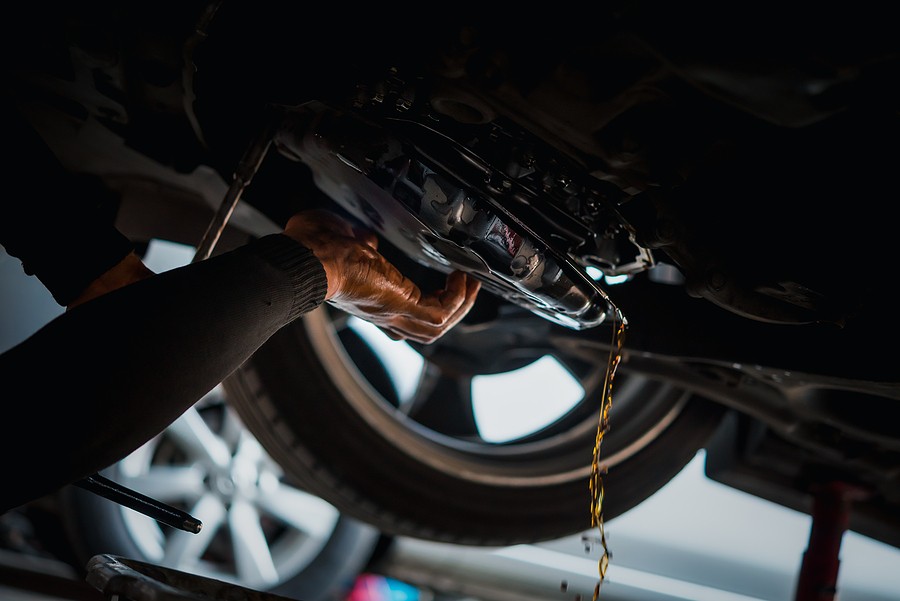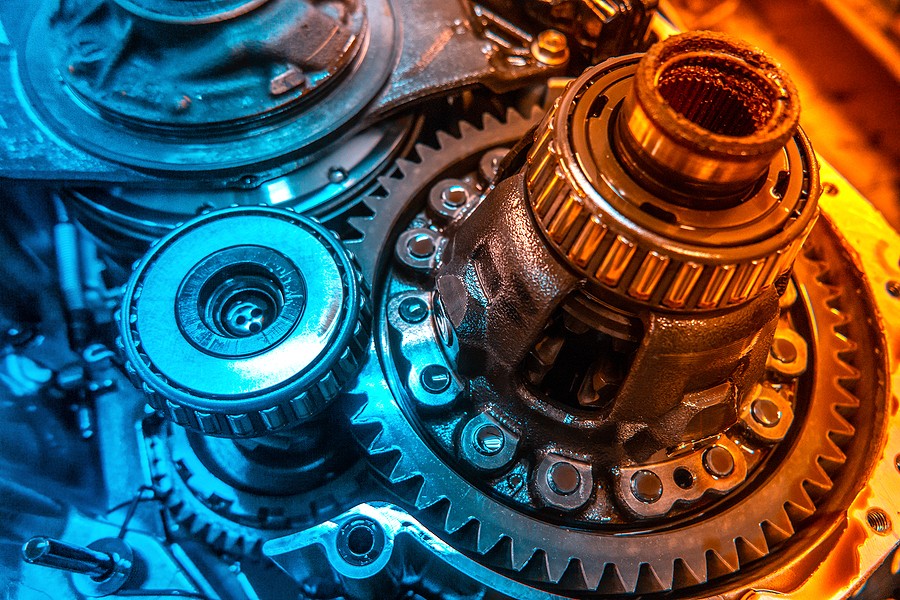If you're looking for a new car, it's worth considering the Honda Civic. The Civic has been around since 1972 and is one of the most popular cars on the market today. There are many reasons why this may be so, but some negatives come with owning one. One of these issues is Transmission Problems on Honda Civic.
Understanding the main transmission problems on Honda Civic will allow you to determine whether or not you should purchase this vehicle.
This article will go over some of the main problems you could come across with your Honda Civic, as well as what you can do to troubleshoot these issues, what repairs are needed, and how much you could be repaying for these issues in the long run.

Honda Civic: History & Background
Honda Civic is a line of automobiles manufactured by Honda and introduced in 1972. There have been eleven generations of this car (model series) since 1972, with the latest offer for sale beginning in 2012.
The original purpose was to provide economical transportation, and many options were available such as air conditioning, power windows, locks, etc. For instance, the 1.8 L engine was not available in the United States until 1982, and the 1.6 L remained as a base model until 1984.
What are the different transmission options in the Honda Civic?
Honda Civic is available in different transmission options. The driver can choose between manual and automatic, or continuously variable (CVT). The driving experience may vary depending on the transmission option selected.
The following are the various transmissions available over the years:
- 1972-1976 1.5 L SOHC 4-Speed Manual Transmission
- 1976-1979 1.5 L SOHC 3-Speed Automatic Transmission
- 1979-1983 1.5 L SOHC 4-Speed Manual Transmission
- 1983-1987 1.5 L SOHC 5-speed Manual Transmission
- 1991 – 1995 1.6 L DOHC 4-Speed Manual Transmission or 4WD
- 1995 – 2000 1.6 L SOHC 4-Speed Automatic Transmission or 4WD
- 2000 – 2006 1.7 L SOHC 5-Speed Manual Transmission with Variable Cylinder Management
- 2006 – 2011 1.8 L SOHC 6-Speed Manual Transmission
- 2011 – current 2.0 L 6MT (6-speed manual transmission)

10 Transmission Problems on Honda Civic: Troubleshoot, Repairs & Costs
Most people are looking for the best car to purchase, but they also want to know what issues may arise down the road. This is important information to prepare yourself before spending your hard-earned money on a vehicle.
Having issues with your transmission can be very pricey, and you don't want any further problems once these have been repaired. The following are some of the most common problems and what you can do to troubleshoot them.
#1 Shift Solenoid Problems
These are the parts that convert the electrical signal into hydraulic pressure. It then directs this specific pressure toward one of two places, an open or closed clutch.
Troubleshooting: You should first check to ensure the fluid levels are where they need to be. If the fluid levels are low, this would cause a loss in pressure and impact internal parts and shifting issues.
You should also check for any debris in the fluid. This could be everything from grass to metal shavings etc. If there is any debris, this will cause issues with shifting and can cause further problems if it gets caught between parts or up underseals/ gaskets.
Repair options: If you are experiencing issues with the shift solenoid, this would require further inspection. You will need to have it checked by a professional to see what is causing any issues and what needs to be repaired.
Repair costs: The average cost of repairs varies with the type/ severity of the issue that has occurred but can run upwards of $300 for an individual part or major repair.
#2 Transmission Fluid Leaks
These happen when there are issues with the gaskets/seals around the pan, which causes leakage. This could be due to climate conditions causing expansion and contraction and many other factors that can cause these types of problems.
Troubleshooting: Inspect fluid leaks to determine the most likely cause. If there are no issues with the vehicle itself, it is most likely due to an external factor. These factors can include weather conditions, harsh acceleration/braking, speed bumps, etc.
Repair options: You will need to have your fluid level checked, and if these are not at their appropriate levels, they will need to be added.
If you are experiencing fluid leakage from your transmission pan, this is often a result of damaged gaskets or seals within the unit. The only way to remedy this will be to determine what damage was done through further inspection.
Repair costs: Depending on how many gaskets or seals were affected by the leak, the costs will vary. On average, costs can run from $500 – $700 for a major repair, but this can be higher depending on repairs needed to fix any issues caused by the leak itself.

#3 Transmission Slips in Park or Neutral
Car won't stay in park or neutral when coming to a stop! This is a very common issue with automatic transmissions, and many factors play into why this happens. Most of these problems happen due to a lack of proper care and maintenance and normal wear and tear, leading to parts wearing down or breaking completely.
Troubleshooting: You should first check the transmission fluid levels to ensure they are where they need to be. If the fluid levels are low, this can cause a loss in pressure and impact certain internal parts, which can cause issues shifting. This will also affect your ability to stay in park/neutral as the vehicle will lose the necessary amount of pressure needed to keep it from rolling.
You should also inspect all external factors involved with this problem. These could include weather conditions, speed bumps, harsh acceleration/braking, etc. Unfortunately, all of these play a factor in how your transmission functions, and there is no way to maintain 100% control over these types of factors.
Repair options: You will need to have your fluid level checked, and if these are not at their appropriate levels, they will need to be added. If you notice any leaks around the pan, the gaskets/seals will need to be replaced, which will require further inspection of internal parts.
Repair costs: The average cost of repairs varies with the type/ severity of the issue that has occurred, but this can range from $150 – $350 for an individual part or major repair.
#4 Transmission Won't Shift into Drive or Other Speeds
This occurs when issues within your transmission are usually caused by a pressure or linkage issue.
Troubleshooting: First, you should have the fluid levels checked to know what they are at currently and determine if they are where they need to be. This will help determine any potential external leaks (due to weather conditions, speed bumps, etc.).
You should also inspect all external factors involved with this problem. These could include weather conditions, speed bumps, harsh acceleration/braking, etc. Unfortunately, all of these play a factor in how your transmission operates, and there is no way to maintain 100% control over these types of factors.
Repair options: You will need to have your fluid level checked, and if these are not at their appropriate level,s they will need to be added.
If you notice any leaks around the pan, the gaskets/seals will need to be replaced, which will require further inspection of internal parts. In addition, the linkage connecting the shifter can become very easily damaged due to small impacts or some of the parts not working properly, which can cause further issues.
Repair costs: The average cost of repairs varies with the type/ severity of the issue that has occurred, but this can range from $150 – $350 for an individual part or major repair.

#5 Transmission Shuddering or Jerking
Irregular shifts are common signs of manufactures defects or lack of proper maintenance. This is often caused by normal wear and tear on certain components over time and problems arising through manufacturing errors (which will require the replacement of these pieces).
Troubleshooting: You will need to have fluid levels checked for this issue to determine if the problem is being caused by a lack of/excess amount of fluid. If fluid levels are low, it can cause internal parts not to work together correctly, which leads to jerky shifting.
You should also inspect all external factors involved with this problem. These could include weather conditions, speed bumps, harsh acceleration/braking, etc. Unfortunately, all of these play a factor in how your transmission functions and there is no way to maintain 100% control over these types of factors.
Repair options: One option you have if you find that it only occurs under certain conditions (such as the weather) is to shift your transmission into neutral and apply the brakes manually. This can be done using a manual transmission, though you will need to engage both pedals simultaneously for this to work properly.
Repair costs: The average cost of repairs varies with the type/ severity of the issue that has occurred, but this can range from $150 – $350 for an individual part or major repair.
#6 Transmission not Shifting Out of Park Mode
This issue occurs when there are problems within certain components and linkage elements within your transmission and becomes much more difficult to determine without proper inspection. These types of issues tend to be more prominent in older Honda Civic.
Troubleshooting: You will need to have fluid levels checked for this issue to determine if the problem is being caused by a lack of/excess amount of fluid. If fluid levels are low, it can cause internal parts not to work together correctly,y which leads to jerky shifting.
You should also inspect all external factors involved with this problem. These could include weather conditions, speed bumps, short acceleration/braking g; unfortunately, all of these factors affect how your transmission functions. There is no way to maintain 100% control over these factors.
Repair options: One option you have if you find that it only occurs under certain conditions (such as the weather) is to shift your transmission into neutral and apply the brakes manually. This can be done using a manual transmission, though you will need to engage both pedals simultaneously for this to work properly.
Repair costs: The average cost of repairs varies with the type/ severity of the issue that has occurred, but this can range from $150 – $350 for an individual part or major repair.
#7 Transmission Needs Fluid Change/Fluid Level is Low
You should begin by checking all external factors involved with this problem. These could include weather conditions, speed bumps, harsh acceleration/braking, etc. All of these play a factor in how your transmission functions and there is no way to maintain 100% control over these types of factors.
Troubleshooting: You will need to have fluid levels checked for this issue to determine if the problem is being caused by a lack of/excess amount of fluid. If fluid levels are found to be low, it can cause internal parts notto work together correctly,y which leads to jerky shifting.
Repair cost: The average cost of repairs varies with the type/ severity of your problem, but this can range from $150 – $350 for an individual part or major repair.
#10 Transmission Slips Out Of Gear
Troubleshooting: You will need to have fluid levels checked and all external factors involved with this problem. These could include weather conditions, speed bumps, harsh acceleration/braking, etc. Unfortunately, all of these play a factor in how your transmission functions and there is no way to maintain 100% control over these types of factors.
Repair options: Several repair options are available for this problem, depending on the severity/deterioration level present within your transmission. A certified technician can do minor repairs, but more extensive issues will require the replacement of several components.
Repair cost: The average cost of repairs varies depending on the type/ severity of your problem, but this can range from $500 – $2,000 for an individual part or major repair.

Are there any transmission-related recalls for the Honda Civic?
Yes, there are several recalls available for Honda Civics. Here is the list of Honda Civic Transmission recalls:
#1 Honda Transmission Recall 2009-2010
The first recall involves vehicles equipped with manual transmissions. A clip may have been incorrectly installed during the vehicle's assembly, which can result in transmission issues.
#2 Honda Civic Manual Transmission Recall 2013
This recall involves approximately 800,000 units manufactured between 2003-2012 for Civics built in Canada and certain models from 2004-2008 manufactured in the United States. The issue with this recall is that during assembly, a sealing cap may not have been installed correctly, which can lead to transmission fluid leaking from the area where it is supposed to be contained inside the transmission.
#3 Honda Civic Automatic Transmission Recall 2008
This recall involves approximately 802,000 units of the Civic manufactured between 2001-2007 for Civics built in Canada and certain models from 2002-2006 that were manufactured in the United States. With this model, there can be a delay during acceleration between 1st and 2nd gear and a lag when shifting into 3rd gear. This is due to excessive heat buildup around internal components, leading to stall-like symptoms.
#4 Honda Civic Automatic Transmission Recall 2001-2002
The final recall involves approximately 110,000 units manufactured during 2001 and 2002 for Civics built in Canada and certain models from 2000 manufactured in the United States. During assembly, a seal cap may not have been installed correctly, which can lead to transmission fluid leaking from the area where it is supposed to be contained inside the transmission.

Conclusion
Honda Civics are known for their quality and durability, but even the best cars can experience problems with their transmissions. If you're experiencing transmission problems with your Honda Civic, it's important to troubleshoot and repair as soon as possible to avoid further damage.
The average cost of repairs varies depending on the severity of the problem, but be sure to contact a certified technician if you think your car needs attention. In addition, several recalls available for Honda Civics may apply to your vehicle, so be sure to check for any related issues.



